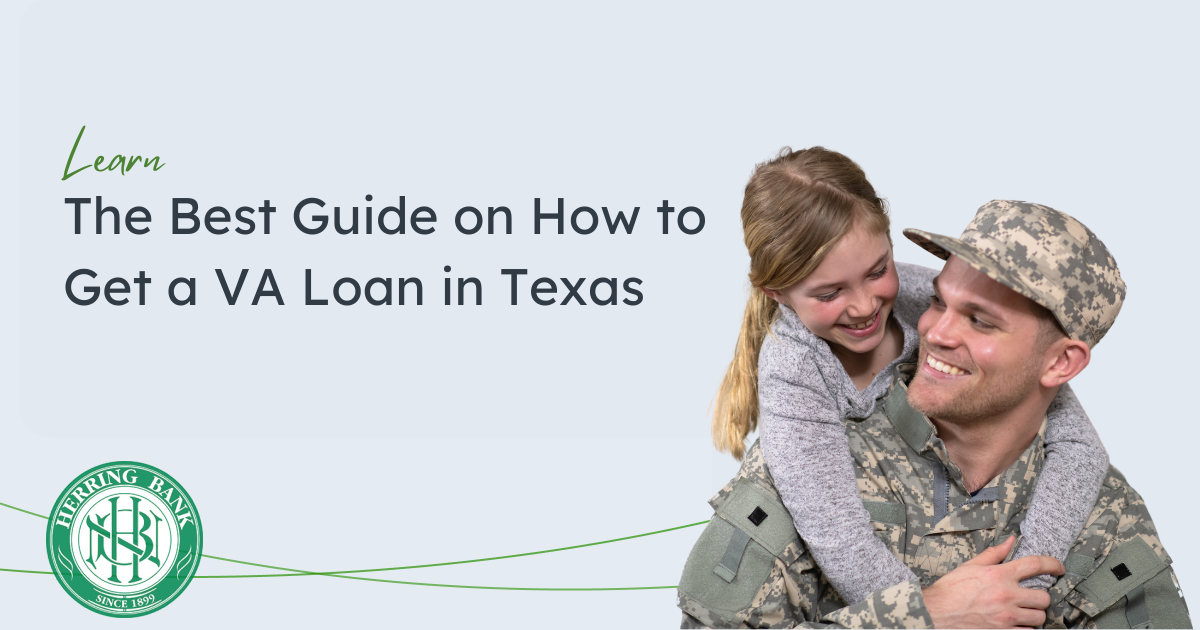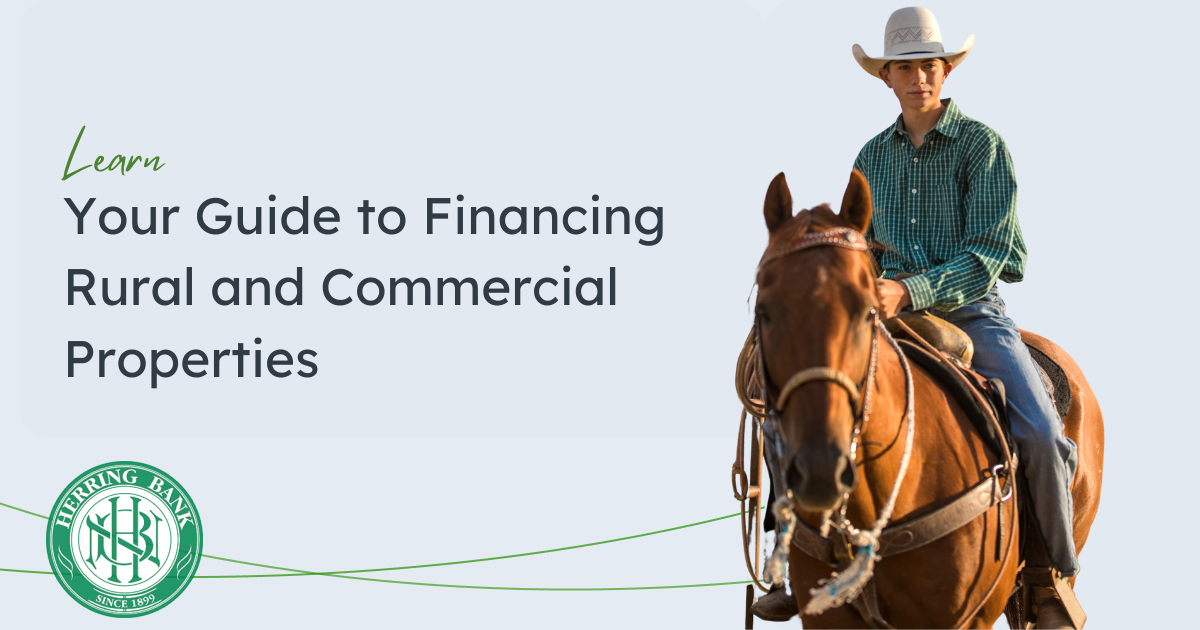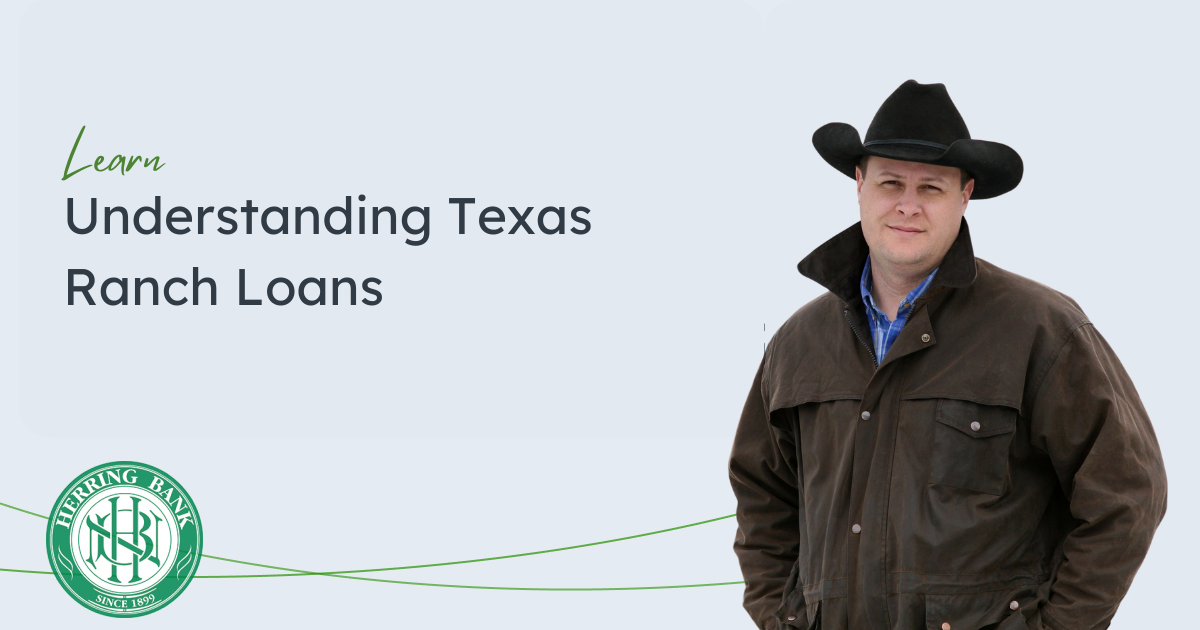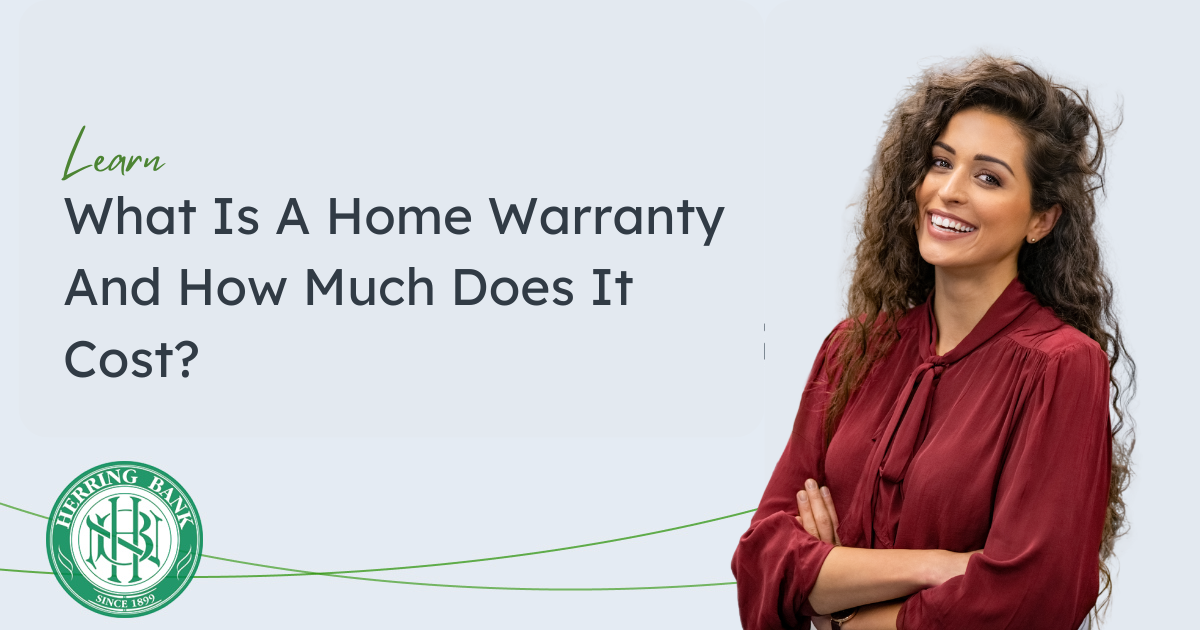
Complete Guide to Obtaining a VA Loan in Texas
Securing a home loan as a veteran in Texas can often feel like navigating a labyrinth of options and regulations. This piece demystifies the process of obtaining a Veterans Affairs (VA) loan in the Lone Star State. Readers will learn the essentials of eligibility requirements, the intricacies of selecting a VA-approved lender, and insightful Texas-specific considerations. Benefit from understanding how discount points can affect your investment, what a VA loan guarantee means for you, and how to streamline your loan application. This guide aims to resolve any uncertainties, ensuring veterans have the clarity and confidence to secure a home loan that honors their service.
Understanding VA Loans in Texas
A VA loan, backed by the United States Department of Veterans Affairs, offers significant benefits for military veterans and active-duty service members aiming to purchase a home in Texas. Unlike conventional loans, a Texas VA loan provides an opportunity to engage with a real estate agent and credit union without a down payment or private mortgage insurance. This subsection will dispel common misconceptions and delineate the advantages, including the exemption of a certain fee, clarifying why a VA loan might be the most viable option for eligible individuals in the Lone Star State.
What Is a VA Loan?
A VA loan is a mortgage option facilitated by private lenders and backed by the United States Department of Veterans Affairs, designed to assist U.S. veterans, active-duty service members, and widowed military spouses. This financing tool enables qualified borrowers in Texas to secure a home without the stringent requirements of a traditional mortgage, such as a substantial down payment or the obligation to pay mortgage insurance, thereby accommodating their budget. With the oversight of the federal reserve, lenders have the assurance to offer favorable terms, providing a unique financial pathway for veterans striving to establish roots or pursue higher education in the robust Texas housing market.
Benefits of Using a VA Loan in Texas
The benefits of using a VA loan in Texas extend to significant financial relief for veterans and active-duty service members. By eliminating the need for a down payment, these loans remove a major barrier to homeownership. Moreover, in cities like Houston, where the real estate market is particularly competitive, the favorable underwriting criteria, including more lenient credit requirements, provide veterans with an upper hand. Additionally, veterans in Texas may enjoy reduced property tax obligations, making a VA loan an advantageous choice for those seeking both immediate and long-term financial benefits.
Differences Between VA Loans and Conventional Loans
The primary distinction between VA loans and conventional loans lies in the backing and flexibility offered. With VA loans, there's no necessity for a down payment, an immense benefit that vastly simplifies the entry into homeownership for Texas veterans. In contrast, conventional loans often mandate a substantial initial financial commitment. Additionally, VA loans come with customer support designed for the unique needs of service members and veterans. Veterans should note that VA loans do not require the purchase of private mortgage insurance (PMI), even in the event of a default, whereas this is often a strict requirement of conventional loans, adding to the annual percentage rate (APR) and overall loan cost. Lastly, while conventional loans are available to all Arkansas residents, VA loans are exclusive to veterans, present active service members, and eligible military spouses, showcasing a tailored solution for their exclusive circumstances.
Common Misconceptions About VA Loans
One common misconception about VA loans in Texas is that they are strictly for purchasing detached, single-family homes. In reality, veterans can also use these loans to acquire a condominium or other property types as long as the property meets VA guidelines. Additionally, potential borrowers often mistakenly believe that a perfect credit history is essential to qualify. While creditworthiness is a factor, VA loans offer more flexible credit guidelines, which can be especially beneficial in states like Iowa and Washington where stringent financing criteria might otherwise be a hindrance. Understanding these aspects broadens opportunities for veterans, enabling them to confidently navigate the property market with enriched knowledge and resources.
Eligibility Criteria for VA Loans in Texas
Securing a Veterans Affairs loan in Texas hinges on a range of eligibility criteria tailored for veterans, active-duty members, and certain reservists and National Guard members. These criteria also extend to spouses in cases involving disability, missing in action, or prisoner of war circumstances. This section will guide applicants through the service requirements, discuss how eligibility extends to different member categories, and explain the process of obtaining the Certificate of Eligibility. It will also explore how to navigate property inspections and address property tax considerations—essential steps in obtaining a VA loan in Texas.
Service Requirements for Veterans and Active Duty Members
To meet the service requirements for a VA loan in Texas, veterans and active-duty members must have completed a defined period of service, which varies depending on when and where they served. For instance, those with service records during wartime or those who served at least 90 consecutive days of active service, like in locations such as Oklahoma, are potentially eligible. Furthermore, those who faced foreclosure or carry substantial debt may still be eligible for a mortgage loan through this program, subject to specific conditions. It's noteworthy that the VA loan process emphasizes supportive customer service, facilitating the navigation of entitlement and financial qualifications for applicants.
Eligibility for National Guard and Reserve Members
Eligibility for National Guard and Reserve members seeking a VA loan in Texas is based on a distinct policy that involves meeting active duty service requirements similar to their active-duty counterparts. To qualify, National Guard and Reserve personnel must have completed a minimum of six years of service. When approaching a loan officer to initiate the VA lending process, these members must also provide their latest credit score, which, while important, is assessed with flexibility more accommodating than conventional loan requirements. The duration or loan term, combined with service-connected eligibility, forms the basis for securing a home loan that is both affordable and supportive of the unique needs of these servicemen and women in Texas.
Spousal Eligibility and Guidelines
Spousal eligibility for VA loans in Texas acts as a sturdy bridge for the partners of service members who have sacrificed immensely, including those listed as missing in action or awarded certain decorations for service, such as the Purple Heart. A spouse may seek a VA loan to acquire property in bustling markets like Colorado, provided they furnish accurate information and possess a valid license to apply for a mortgage. These guidelines offer spouses critical support, ensuring they can maintain stability and security in the face of challenges unique to military life.
How to Obtain a Certificate of Eligibility (COE)
Obtaining a Certificate of Eligibility (COE) is a crucial step for veterans and active duty service members in Texas aiming to utilize a VA loan. One must provide evidence of military service to the Department of Veterans Affairs, which can often be accomplished online or through a lender equipped to access the necessary government databases. As with applying for a conforming loan in states like New Jersey or Louisiana, securing a COE requires a clear financial record, but not perfection—things like credit card interest or minor credit issues will not automatically disqualify an applicant. The COE essentially verifies to the lender that the applicant meets the initial eligibility requirements for the VA's backing on their home loan.
Preparing for the VA Loan Application
Navigating the path to acquiring a VA loan in Texas involves a measured approach to financial evaluation and documentation. Assessing one's credit score and overall financial standing is imperative to ascertain eligibility for preferred interest rates and payment options. Prospective borrowers must compile key documents reflecting their income and real estate interests while comprehensively understanding debt-to-income ratios. These steps enable a precise establishment of a budget and determination of the loan amount, integral to realizing the dream of homeownership without the burden of insurance fees.
Assessing Your Credit Score and Financial Readiness
For Texas veterans embarking on the journey to acquire a VA loan, assessing one's credit score and financial readiness is essential. It's the bedrock upon which lenders will determine eligibility and the terms of the loan. Texas Veterans Land Board offerings are uniquely tailored for those who've served and can make the dream of homeownership more accessible, even for those with a modest cache of cash. A solid credit score can lead to more favorable loan conditions, including lower interest rates, which can have a considerable impact on monthly payments and home insurance rates. Veterans seeking to lay roots in Texas must ensure their financial health is solid, taking into account all facets of their budget, to navigate the process with confidence.
Gathering Necessary Documentation
When servicemembers in Texas are preparing to apply for a VA home loan, collecting the necessary documentation is crucial for a successful process. This involves securing detailed financial records, proof of military service, and any relevant documents under the Servicemembers Civil Relief Act if applicable. For those considering refinancing, lenders will require information on existing home equity and current mortgage details to ensure the new terms are favorable. By organizing this vital documentation beforehand, applicants position themselves to navigate the lending landscape more effectively and expedite their journey towards securing a home loan.
Understanding Debt-to-Income Ratios
Understanding the debt-to-income ratio is pivotal for Texas veterans to gauge their readiness for a VA loan under the United States Department of Veterans Affairs. Lenders utilize this ratio to assess a borrower's capacity to manage monthly expenses against their gross income. If one’s employment and income indicate stability yet the ratio suggests a significant burden due to existing debts, it may influence the loan terms or ability to qualify. Therefore, for veterans focusing on acquiring a home, minimizing costs and maximizing equity becomes essential to present a favorable financial portrait to lenders.
Setting a Budget and Determining Loan Amount
Establishing a realistic budget and accurately determining the loan amount are crucial steps toward securing a VA loan in Texas. Veterans must work closely with Home Mortgage Services and estate agents to assess the expenses associated with homeownership, ensuring the loan aligns with both financial stability and property aspirations. Whether seeking to purchase a new home or considering a refinance loan, applicants in Texas should consider local market conditions, as they might differ from states like Alaska, ensuring their budget accounts for potential variations in real estate pricing and finance options.
Choosing a VA-Approved Lender in Texas
Selecting the right VA-approved lender is a critical step in the home-buying journey for Texas veterans. This guide will shed light on important considerations like assessing lender qualifications, asking the right questions, understanding interest rates and loan terms, as well as the process of getting prequalified and preapproved. These insights will empower veterans to make informed decisions, facilitating a smoother transition into homeownership through the VA loan program.
Factors to Consider When Selecting a Lender
When selecting a VA-approved lender in Texas, veterans should carefully evaluate the lender's experience in handling VA loans and their reputation in the industry. An adept lender will not only understand the specific nuances of the VA loan process but also offer transparent communication and competitive rates to ensure the borrower secures a mortgage that aligns with their financial goals. It's essential for veterans to select a lender that demonstrates a commitment to serving the unique needs of the military community, as this can greatly enhance the home-buying experience.
Questions to Ask Potential Lenders
When engaging with potential lenders for a VA-approved loan in Texas, veterans should inquire about the lender's experience with VA loans and the specifics of the loan offers. It is critical to understand the terms, such as the interest rate, the annual percentage rate (APR), closing costs, and any special requirements for Texas properties. Ascertaining a lender's familiarity with Texas real estate trends and VA loan refinancing options equips veterans with the information needed to make an informed financing decision.
Comparing Interest Rates and Loan Terms
Comparing interest rates and loan terms among various VA-approved lenders in Texas is an indispensable step for veterans looking to optimize their mortgage options. The interest rates can fluctuate based on the lender's policies and the borrower's creditworthiness, significantly influencing the long-term cost of the loan. Veterans should carefully examine loan term conditions as well, such as the length of the loan, the possibility of rate adjustments, and any prepayment penalties, to ensure they choose a mortgage agreement that dovetails with their financial objectives and homeownership plans in Texas.
Getting Prequalified and Preapproved
Securing prequalification and preapproval from a VA-approved lender in Texas stands as a pivotal stage in the home-buying process, offering veterans a clear glimpse into their borrowing potential. Prequalification acts as a preliminary assessment of a veteran's financial health, while preapproval entails a rigorous review, leading to a more concrete commitment from the lender regarding the loan amount. This process not only equips Texas veterans with a sound understanding of their budgetary constraints but also strengthens their negotiating position when they enter the highly competitive real estate market.
Navigating the VA Loan Process
The journey to secure a VA loan in Texas advances from initial application to final closing, with critical steps along the way. Applicants start by submitting their loan application, followed by navigating the VA's appraisal and inspection procedures. Understanding closing costs and fees becomes essential to ensure financial preparedness. Finalizing the loan and closing on a new home marks the end of this rigorous process. The upcoming subsections will dissect these stages, presenting key insights to equip Texas veterans for a successful real estate venture.
Submitting Your Loan Application
Beginning the VA loan application process in Texas entails a thorough submission of personal and financial information to a VA-approved lender. Veterans must accurately complete and submit their loan application, which will include details such as proof of military service, credit history, and current income. This step is pivotal in establishing eligibility and shaping the loan options available to them. The meticulous preparation of this document streamlines the subsequent appraisal and inspection procedures, representing a critical milestone in the journey toward homeownership.
The VA Appraisal and Inspection Steps
The VA appraisal and inspection process for obtaining a VA loan in Texas is a crucial step in ensuring that the property meets both the VA's minimum property requirements and the borrower's expectations for quality. An independent VA appraiser assesses the home's value and condition, providing a fair market value which is instrumental in the loan approval process. This evaluation also confirms that the home is safe, structurally sound, and a worthwhile investment. For Texas veterans, understanding that their future home must pass this appraisal and inspection stage provides reassurance of making a sound real estate decision.
Understanding Closing Costs and Fees
In the process of securing a VA loan in Texas, understanding closing costs and fees is essential for budgeting and completing the transaction. These fees, which cover the lender's services, title insurance, appraisals, and other necessary closing tasks, can vary but are generally lower with VA loans compared to conventional mortgages. Texas veterans benefit from the VA's limitation on certain fees, ensuring that closing costs remain manageable and do not present an undue burden on the homebuyer. It is imperative for borrowers to review the closing disclosure with their lender to ensure clarity on all financial obligations as they conclude their home purchasing journey.
Finalizing the Loan and Closing on Your Home
Finalizing the loan and closing on a home represent the culmination of the VA loan process for Texas veterans. During this stage, all parties convene to sign the necessary documents, finalize the mortgage terms, and legally transfer ownership of the property. It is imperative for buyers to review all paperwork, ensure the accuracy of loan details, and arrange for the payment of any closing costs not covered by the loan. This strategically coordinated effort marks the transition from applicant to homeowner, sealing the commitment to a new residence in Texas.
Texas-Specific Considerations for VA Loans
For veterans in the Lone Star State, understanding Texas-specific considerations is crucial when procuring a VA loan. State benefits for Texas veterans can significantly affect the mortgage process, enhancing home-buying opportunities. The variety of property types eligible for VA loans in Texas allows for diverse real estate ventures. Knowledge of the Texas real estate market is invaluable for making informed decisions, and practical tips can streamline the home-buying experience. This section will present pivotal insights into these aspects, ensuring veterans are well-prepared as they step into the Texas housing landscape.
State Benefits Available to Texas Veterans
Texas veterans have access to unique state benefits that enhance their ability to secure a VA loan. For instance, the Texas Veterans Land Board (TVLB) offers programs like the Veterans Housing Assistance Program, which can assist with down payments and interest rates, further easing the financial burden of purchasing a home. These incentives, paired with the no-down-payment advantage of a VA loan, position Texas veterans in a favorable spot to become homeowners.
Property Types Eligible for VA Loans in Texas
In Texas, VA loans are versatile, covering a diverse range of property types to meet the housing needs of veterans. Eligible properties include single-family homes, condominiums in VA-approved developments, manufactured houses, and multi-unit properties provided the veteran intends to occupy one of the units. For Texas veterans seeking the tranquility of rural life, VA loans also extend to purchasing farms and land, provided there's a residence on the property. Such inclusivity empowers veterans with the flexibility to choose a home that best suits their lifestyle while taking advantage of the benefits that VA loans offer in the housing market.
Insights on the Texas Real Estate Market
The Texas real estate market presents an eclectic mix of opportunities that cater to the varied preferences of veterans seeking homeownership through a VA loan. Navigating this market requires awareness of regional trends, such as rapid growth in metropolitan areas like Austin, affecting property values and availability. Veterans must consider this dynamism, recognizing that while urban centers may offer employment opportunities and amenities, surrounding suburbs or rural areas might provide greater affordability, all within the scope of a VA loan's benefits.
Tips for a Smooth Home Buying Experience in Texas
For a smooth home buying experience in Texas, veterans should partner with a VA-experienced real estate agent who understands the unique aspects of VA loans and can guide them through the nuances of the Texas housing market. Building a team of professionals that includes a knowledgeable VA loan officer and an attentive real estate agent can facilitate a seamless transaction. They can provide essential advice on local market conditions, ensure all VA loan requirements are met, and advocate for the veteran's best interests during negotiations and closing.
Conclusion
Navigating the VA loan process in Texas is a significant opportunity for veterans to achieve homeownership with favorable terms. The guide provided outlines the substantial benefits, including no down payment and lower closing costs, and navigates through the eligibility requirements and paperwork necessary for a successful application. Understanding the nuances of the Texas real estate market and utilizing state-specific veteran benefits can greatly enhance the buying experience. This comprehensive resource serves as an invaluable tool for Texas veterans aiming to maximize the advantages of VA loans and secure their ideal home with confidence and ease.






